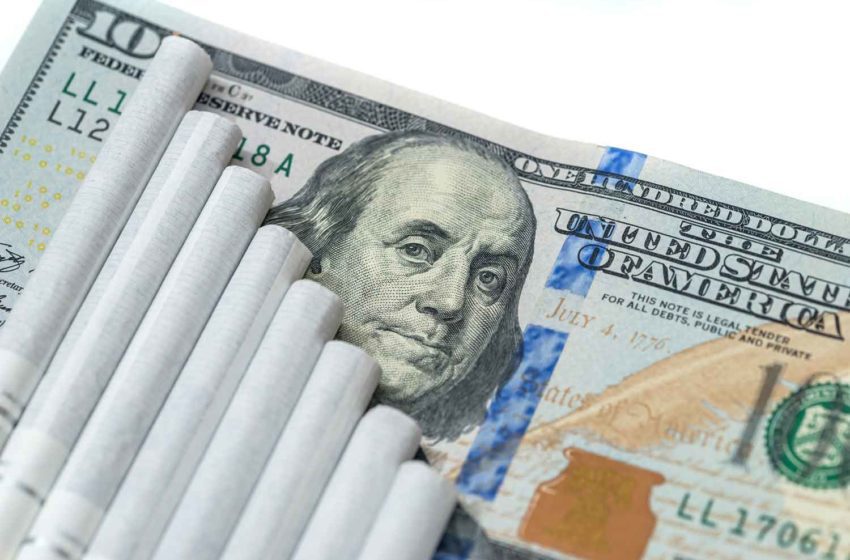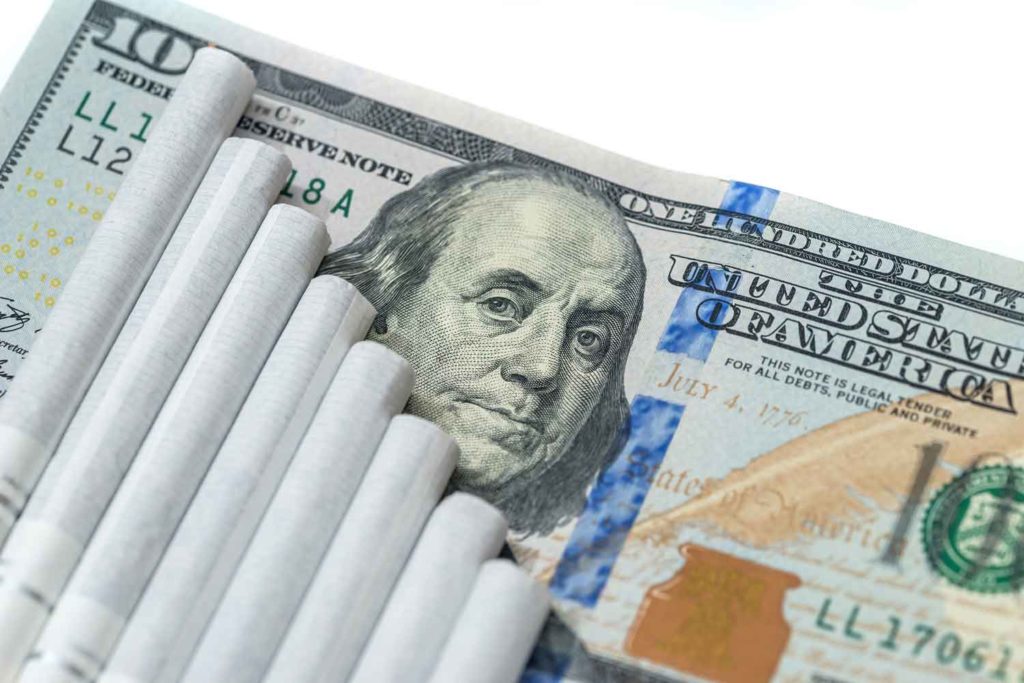Trade Warns Against Tax Hike’s Unintended Consequences
- Featured News This Week Taxation
- October 12, 2021
- 0
- 3 minutes read


A coalition of trade associations, including the National Association of Convenience Stores, has warned U.S. Congress against the unintended consequences of raising tobacco taxes, reports Politico.
Lawmakers have been debating an ambitious plan to create jobs and lower the cost for services such as childcare, higher education and healthcare. The Build Back Better Bill is to be funded by higher taxes on the wealthiest individuals and large corporations, including tobacco companies.
The proposal would effectively double the federal excise tax on small cigars and cigarettes, and it would increase the tax on chewing tobacco from a little over $0.50 to $10.70—more than 21 times its current level. It also establishes a new tax on vaping, or e-cigarettes.
In a letter dated Sept. 14, the trade associations argued that if the price of tobacco products spikes, buyers would move to the tobacco black market where sellers don’t abide by standard regulations and often prey on young people.
“When the price of a product rises too much too fast, illicit purveyors will seize the opportunity to exploit and take advantage of current users and entice new users without discriminating based on age,” the letter reads. “This undermines the responsible measures our retailers have taken and creates a problem for society as a whole.”
Erika Sward, assistant vice president of national advocacy at the American Lung Association, countered that raising taxes is effective at reducing tobacco consumption.
“Very predictably and very unfortunately, this letter goes right to what the industry always argues when a meaningful and effective proposal is on the table, which is that there’s going to be a black market,” Sward said. “It bears itself out over and over again, but the bottom line is [that] what happens is we have fewer people buying tobacco products, especially kids,” with higher taxes.
The funding proposal has also been criticized for making potentially less harmful smoking alternatives, such as vapor products, more expensive than cigarettes.

